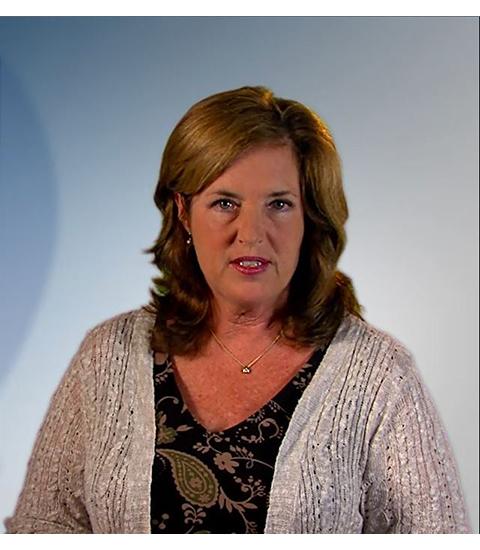Navigating My Disease
Navigating My Diagnosis
Healthcare Team
The best way to manage a disease like cutaneous lymphoma is by assembling the right team of physicians and support individuals to guide your treatment course and help you through each stage of the journey.






